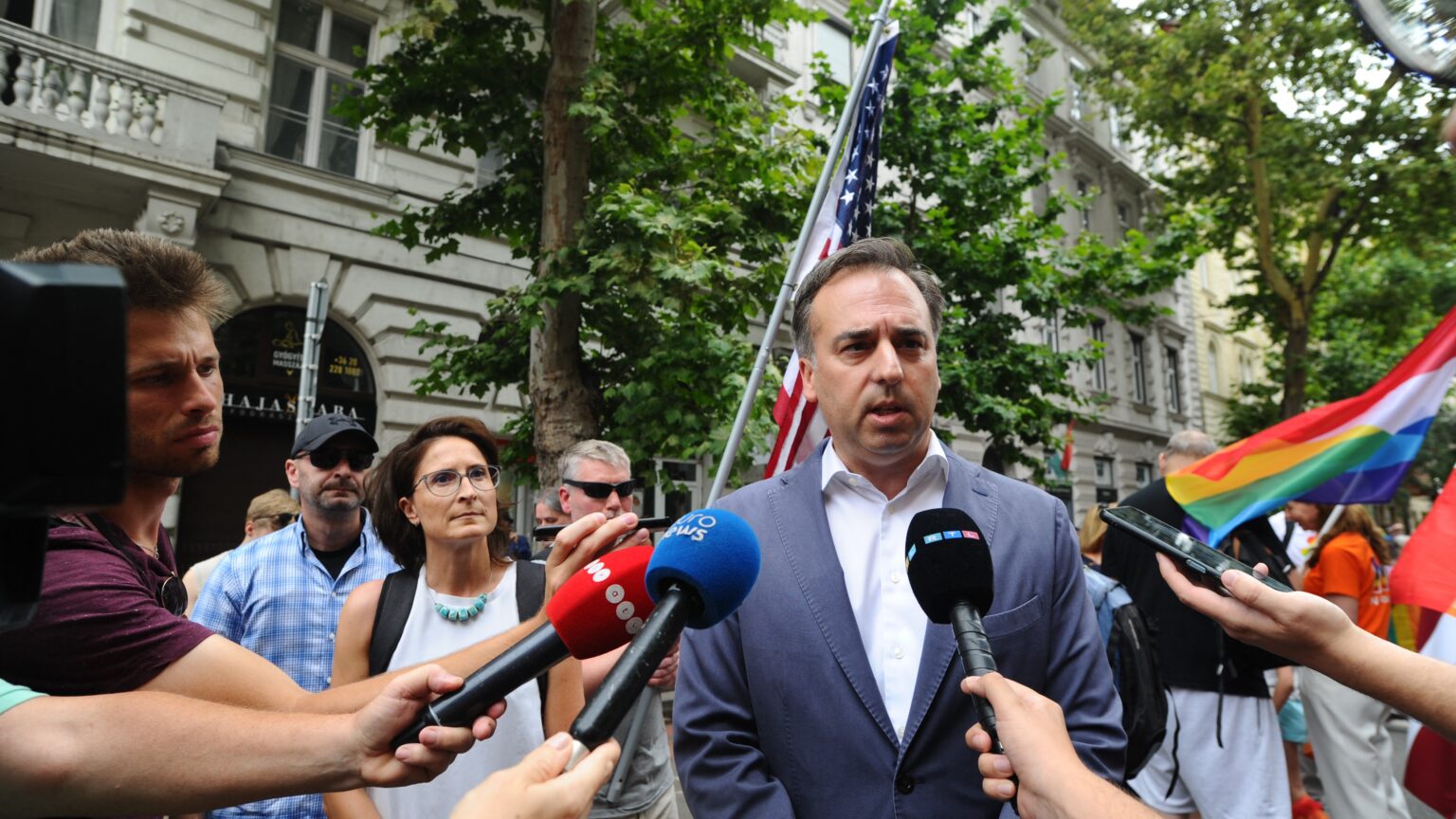
As the US prepares for a presidential transition, Ambassador David Pressman may soon depart Budapest in line with protocol for political appointees under a new administration. There has been no career diplomat leading the US mission in Hungary since the 1990s.
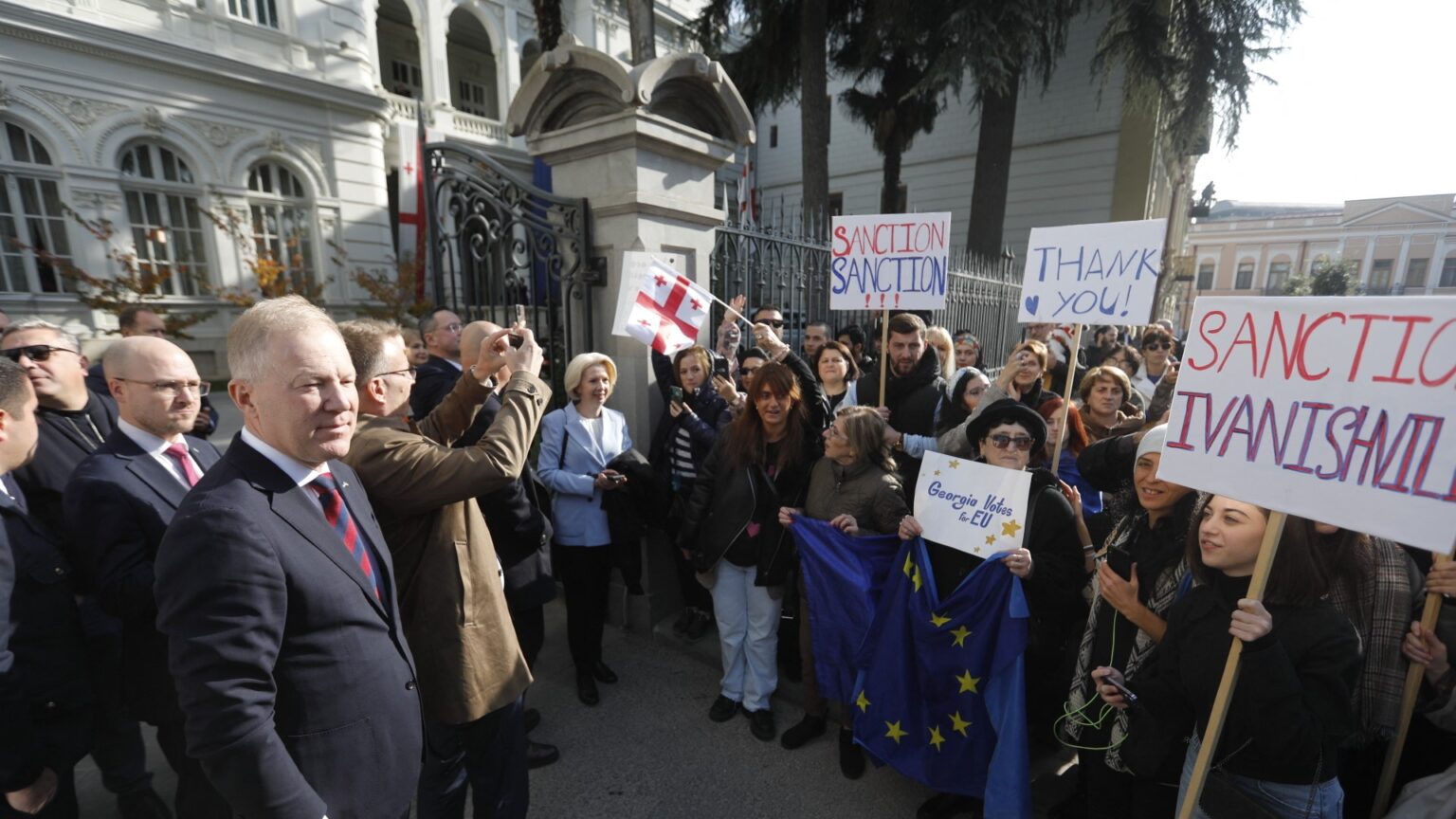
Rodrigo Ballester, Head of the European Studies Workshop at Mathias Corvinus Collegium, shared his perspective on the recent parliamentary elections in Georgia in a recent interview with Hungarian Conservative. Among other issues, he discussed the role of Western narratives, which often frame Georgian politics as a binary conflict between pro-Western and pro-Russian factions.

In a recent interview with The Jerusalem Post, Israeli Ambassador to Hungary Yacov Hadas-Handelsman argued that as opposed to its frequent portrayal as an anti-democratic and antisemitic country, the reality about Hungary is quite different. He highlighted the Orbán government’s steadfast support of Israel at international forums and the fact that Hungary is one of the safest countries in the world for Jewish people.
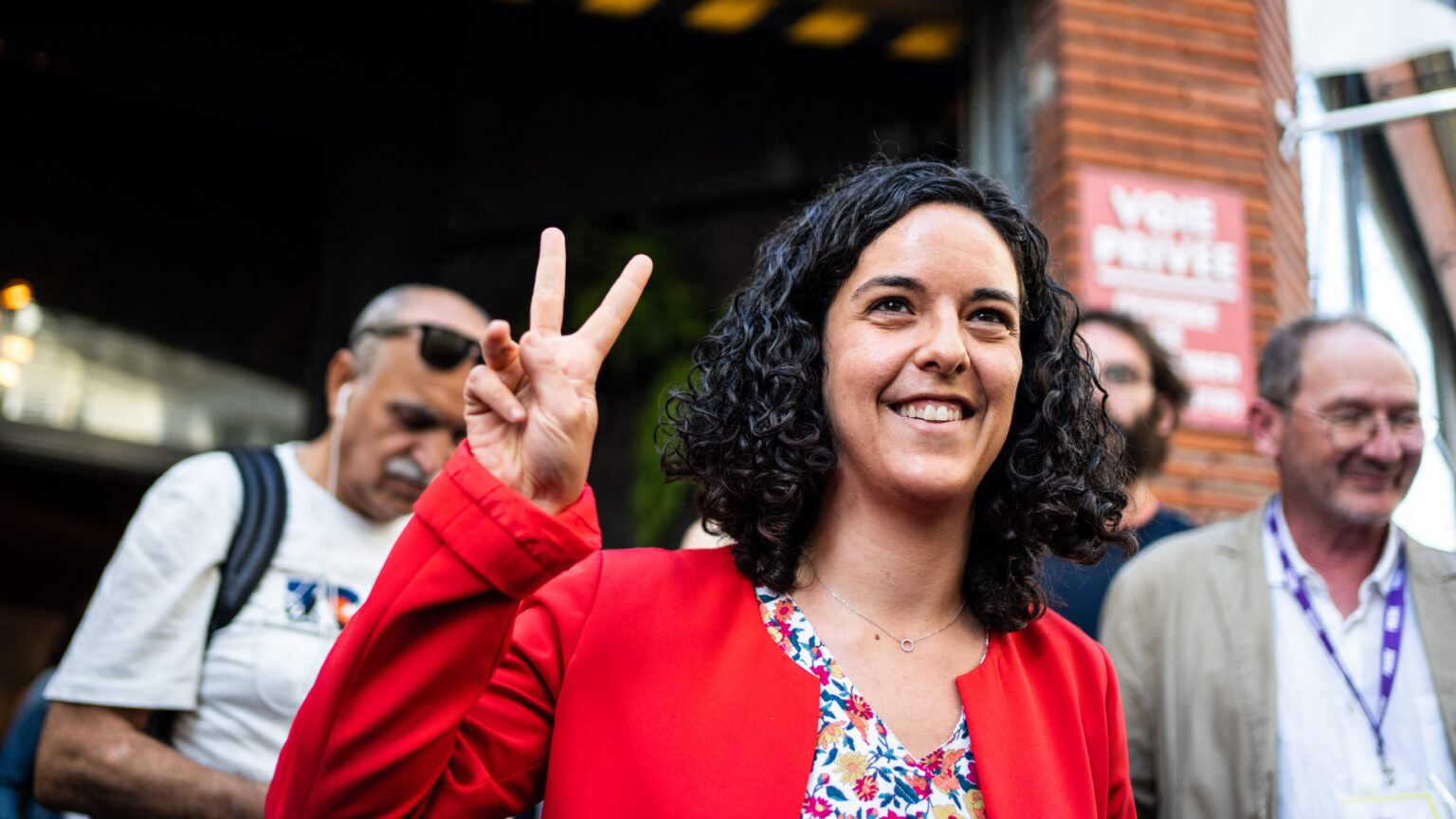
‘It is a strange tale to trace how the first communist group was dominated by Italian communists who cut their teeth in the partisan resistance forces whilst the largest Italian delegation in its present-day incarnation is mostly made up of MEPs from a party which until recently could not decide whether they were right-wing populist Eurosceptics or liberal Eurofederalists.’
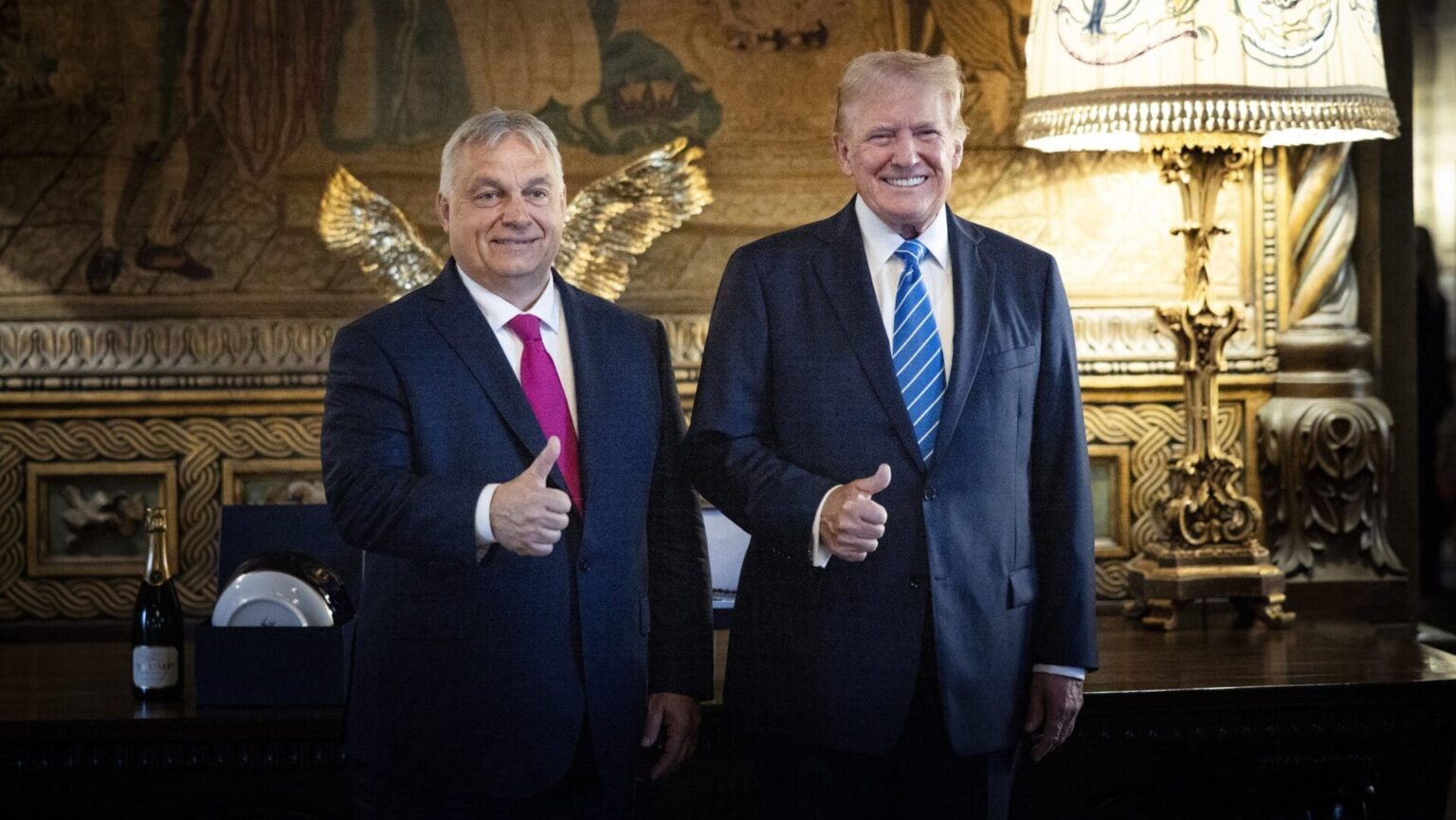
In an outlandish article in the Washington Examiner, Tom Rogan cautions Donald Trump that Viktor Orbán is playing him for a fool and is merely attempting to advance the interests of China and Russia through their close relationship. The author clearly fails to grasp the fact that Viktor Orbán has always prioritized Hungary’s interests when dealing with China and Russia, something that, as opposed to the short-sighted pundit, President-elect Trump is well aware of.
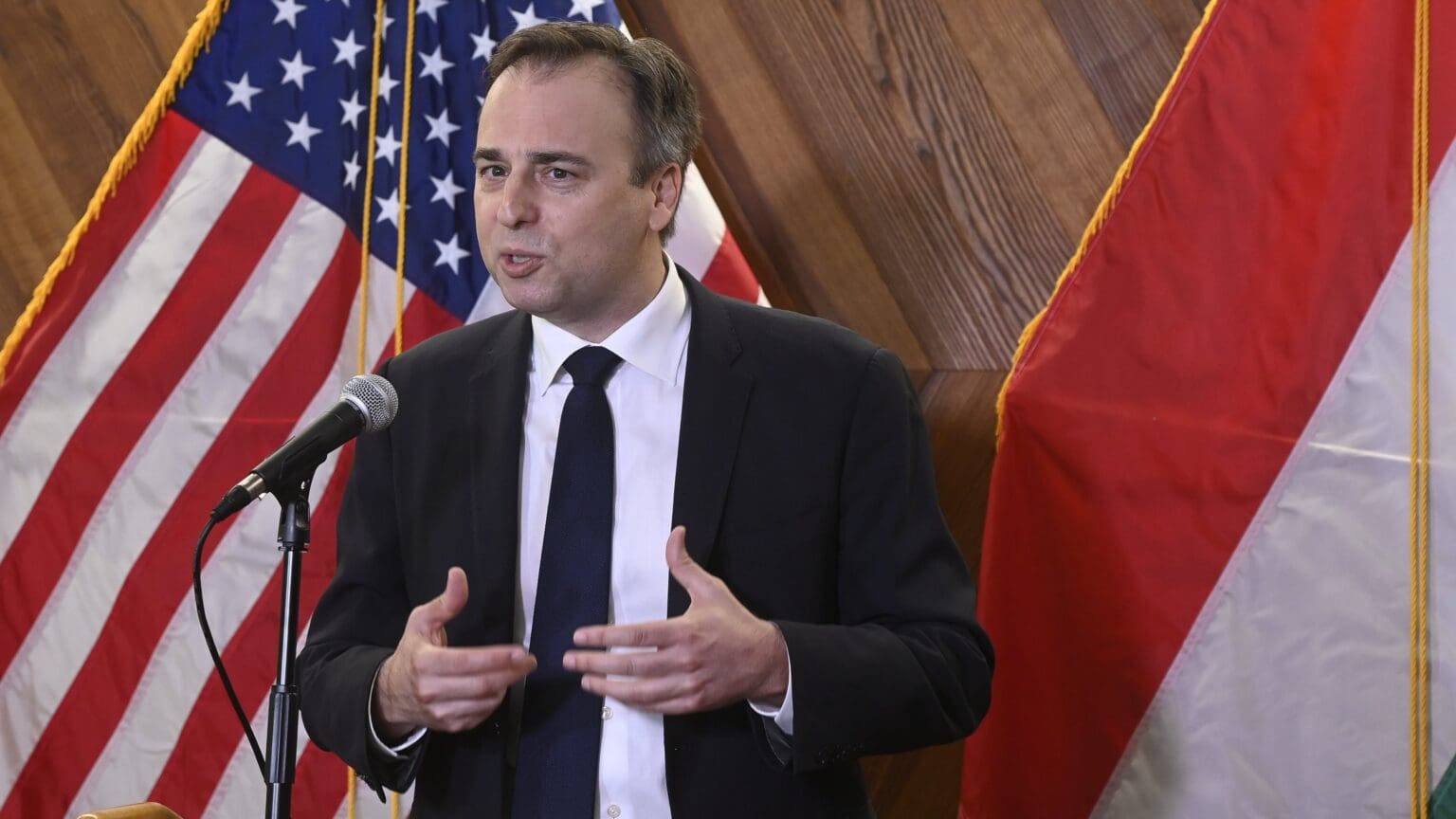
US Ambassador David Pressman delivered a speech on the eve of Donald Trump’s election victory, in which he, as usual, criticized the Hungarian government. Pressman stated that Viktor Orbán had gambled with Hungarian–American relations by wholeheartedly supportingTrump, highlighting that it is not credible to assume that a new president can solve all problems.
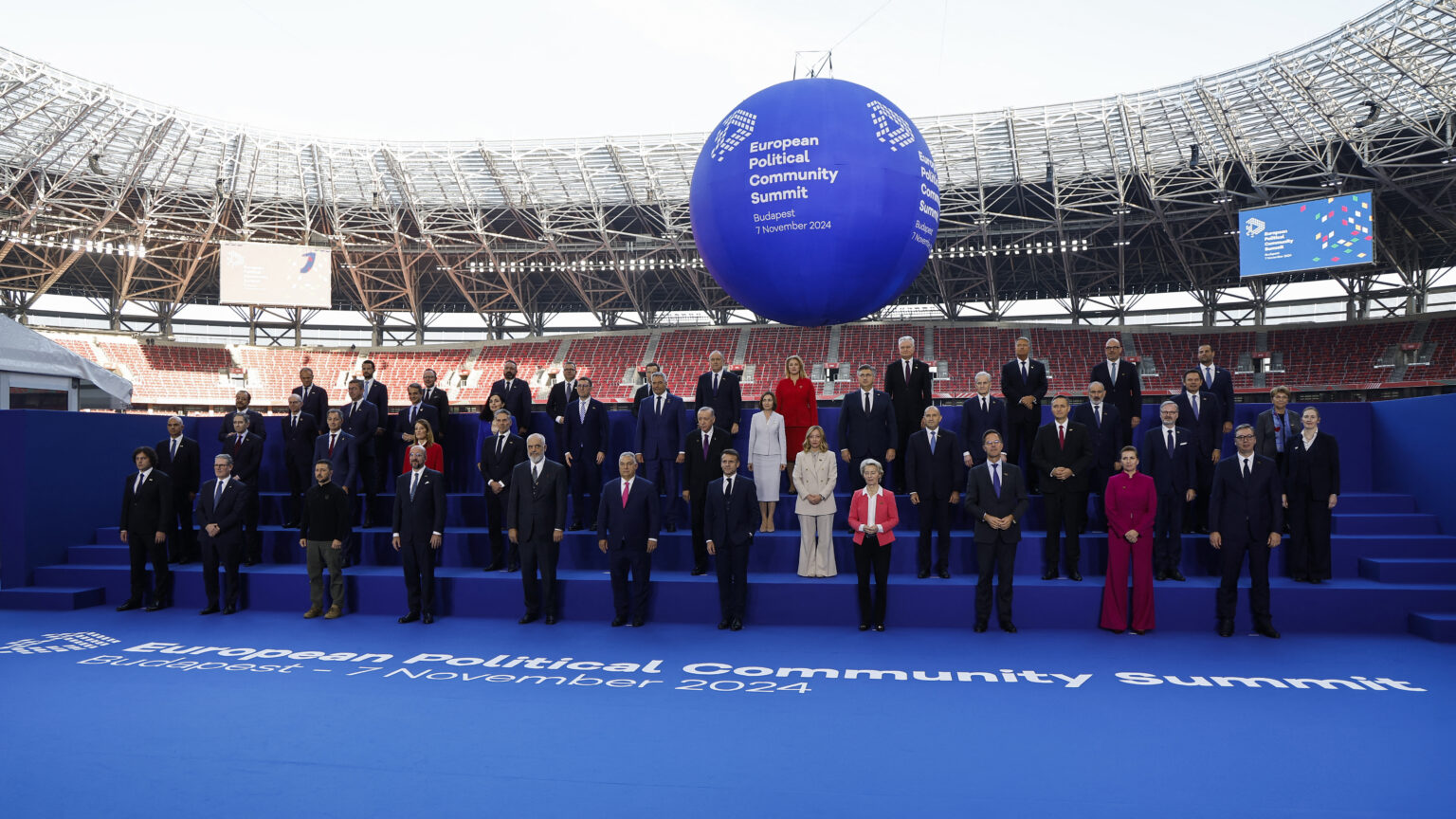
Thursday’s European Political Community Summit in Budapest is significant in multiple ways. With Donald Trump’s victory, we have never been closer to achieving peace in Ukraine than we are now, thus the first step can be taken by European leaders today. The summit also marks the beginning of a new chapter in Hungary’s history.
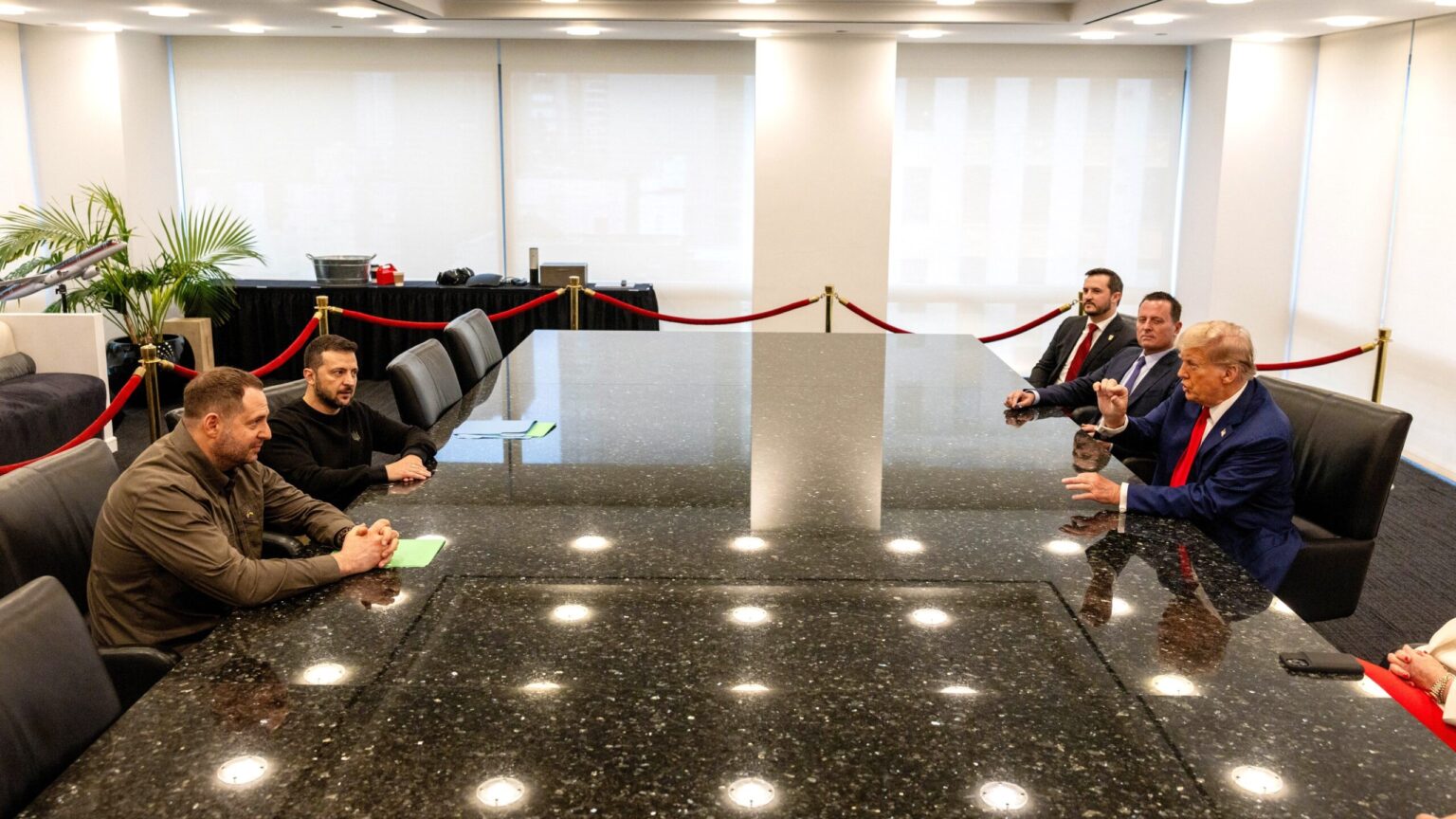
‘It is not so much members of the Blob influencing American foreign policy for their own personal gain that has yielded catastrophic results but rather the hubris of spreading illiberal democracy after the collapse of the Soviet Union. The Orange Revolution, sparked by this elite under the bogus notion to reshape Ukraine into a liberal democracy, is just one inept demonstration of this.’
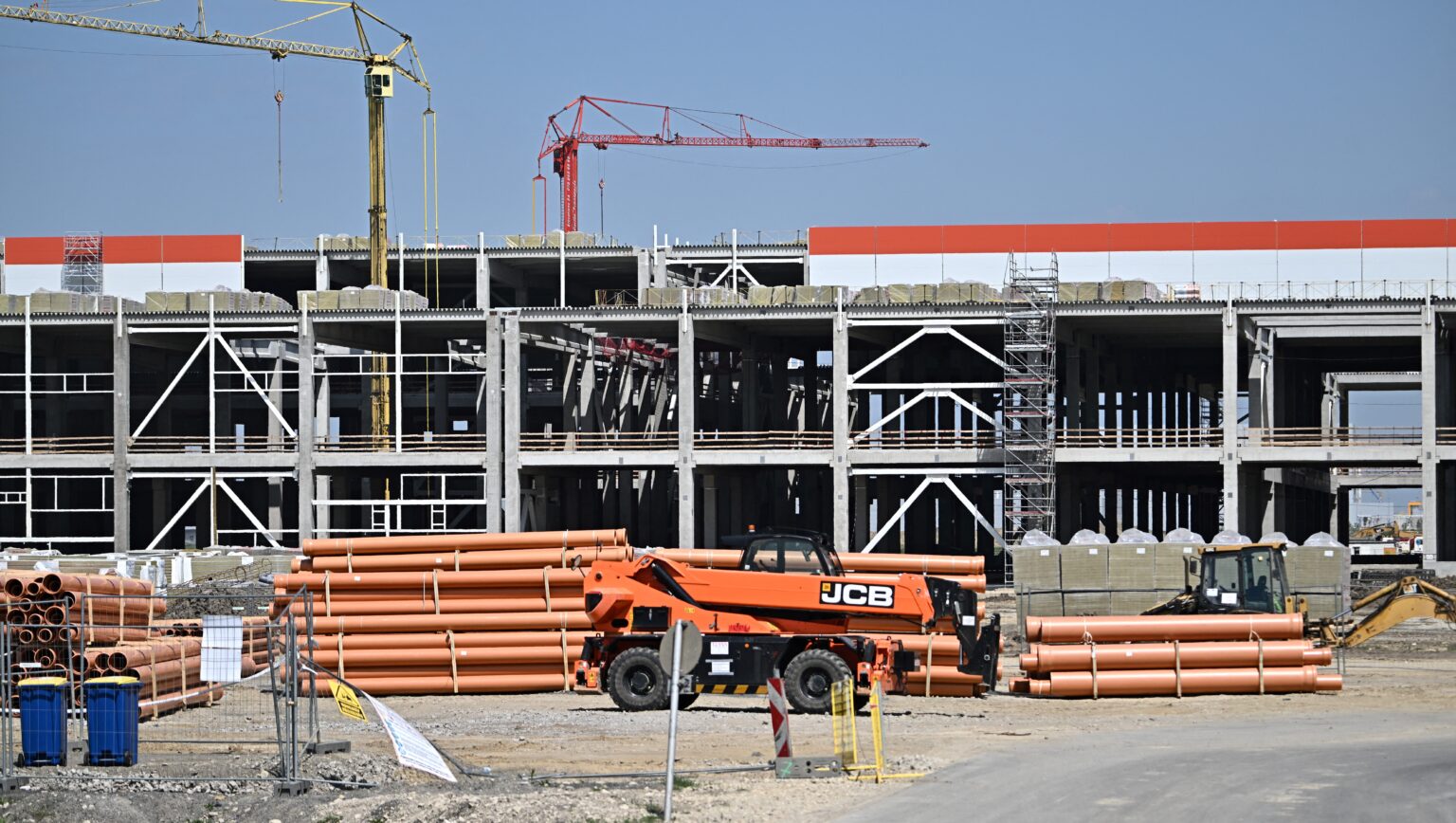
According to an analysis by the Makronóm Institute, Hungary can be considered a connector state, as it acts as a major link in the global economy, especially in combining Eastern and Western technologies. This is particularly true in the case of the automotive industry and energy storage systems, where Hungary has attracted significant investments.
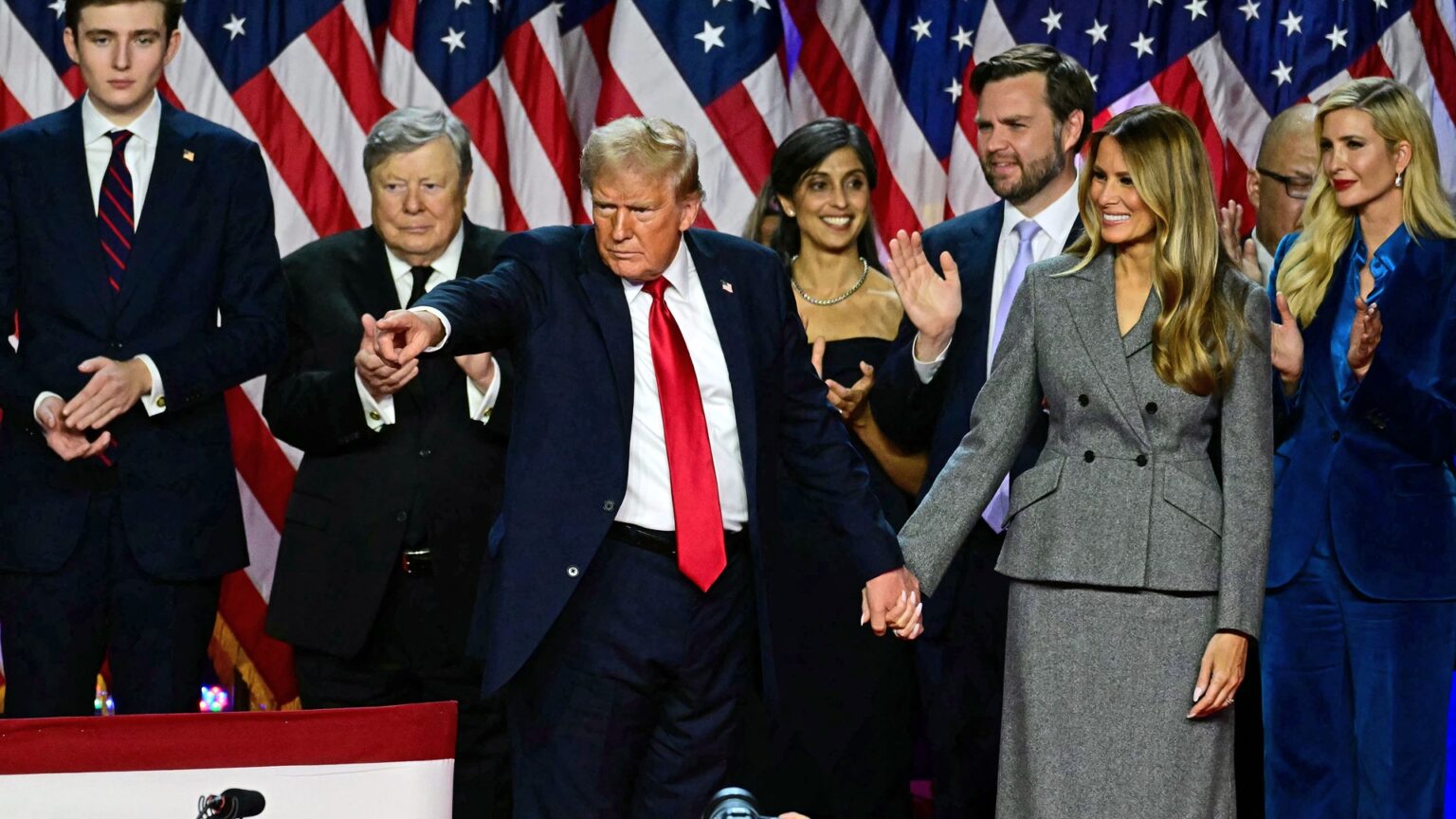
President Donald Trump became the second President in US history to be elected to a second, non-consecutive term after Grover Cleveland. He defeated Vice President Kamala Harris from the Democratic Party with a projected 312 electoral votes. He is also on track to win the popular vote, the first Republican to do so in a presidential election since George W Bush in 2004.
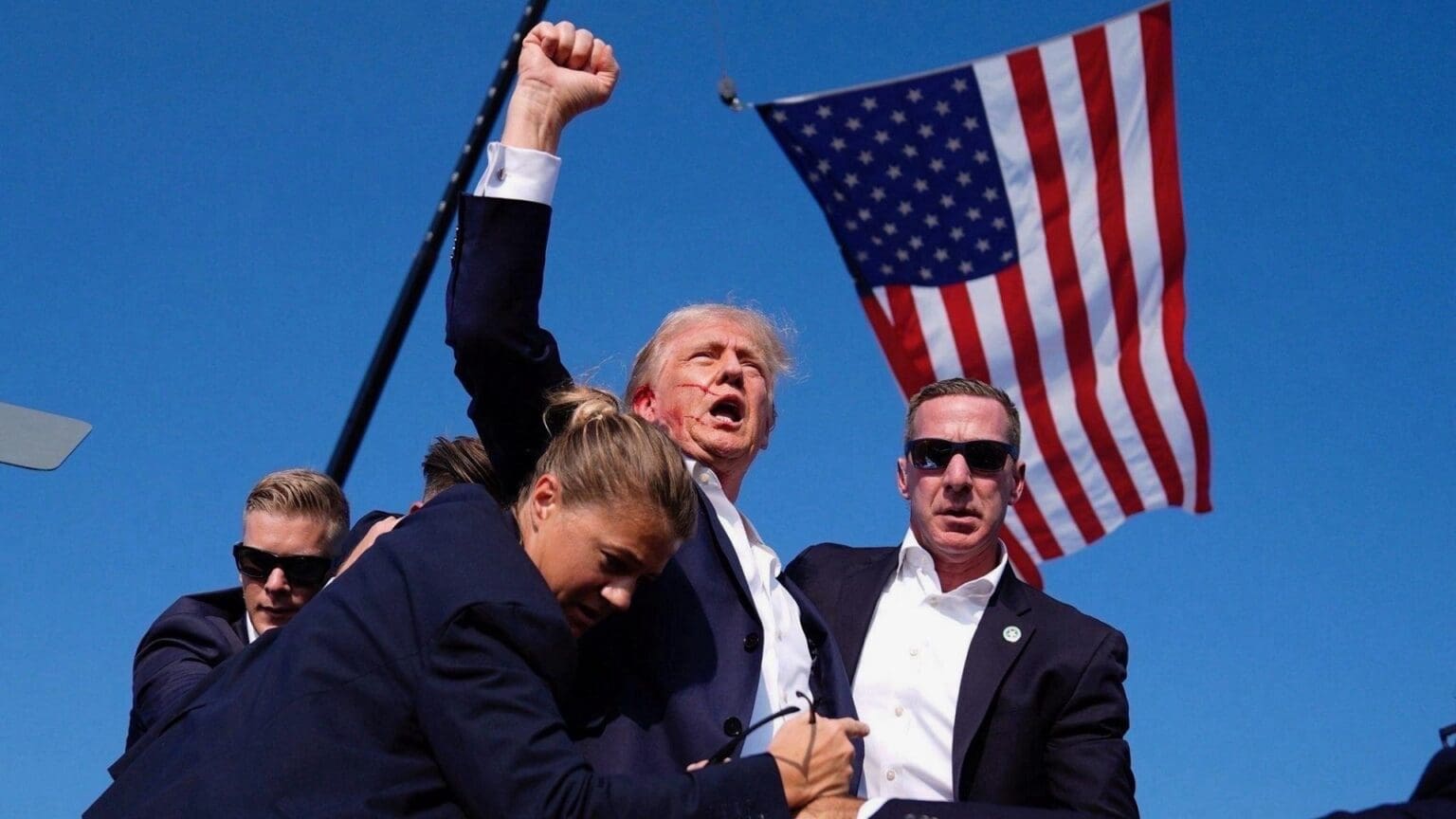
The campaign leading up to the 2024 US presidential election is one of the most memorable, intense, and bizarre ones in modern history. In this article, we have compiled the most significant moments from the past few months.
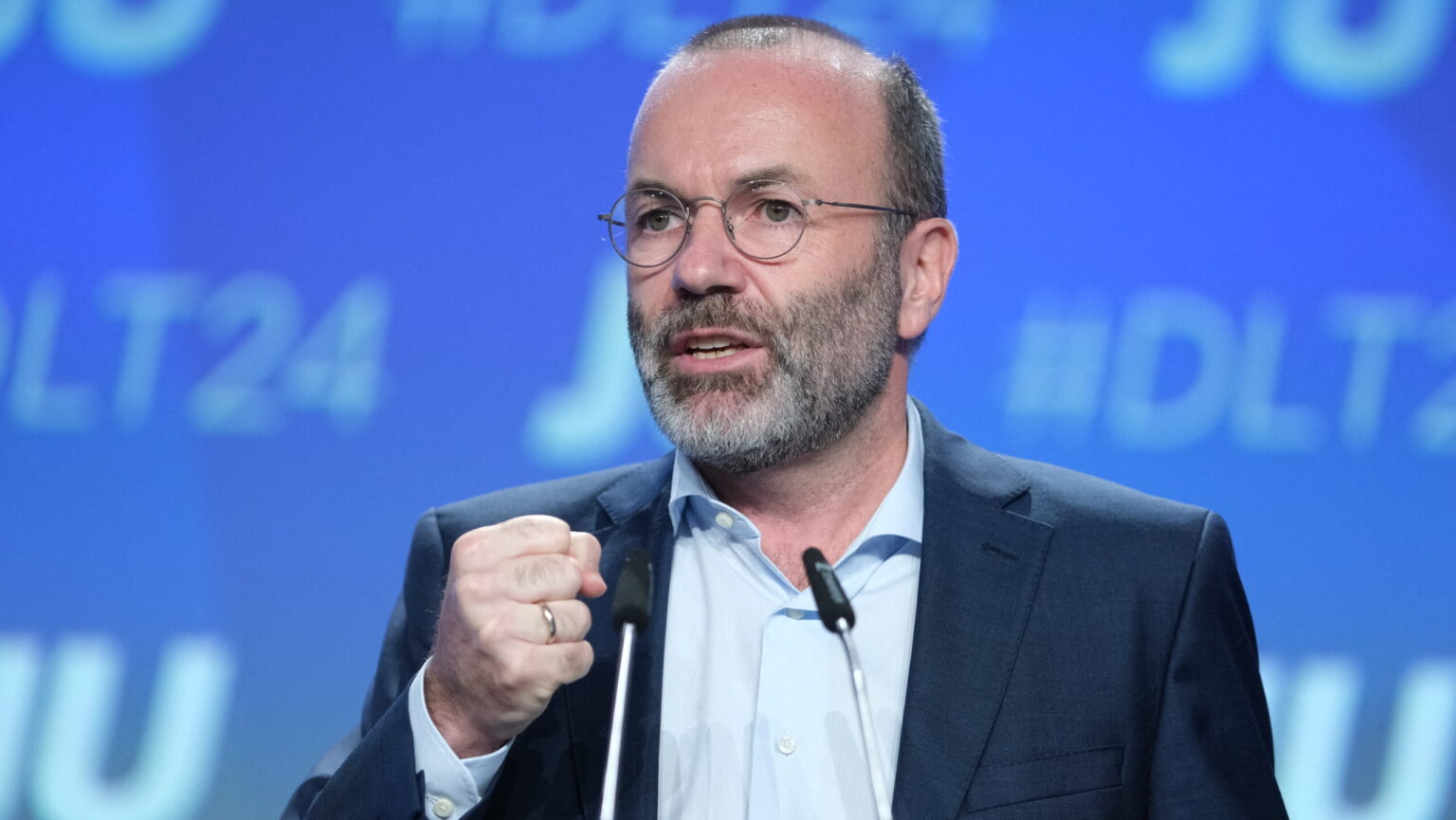
‘Weber wields extreme power, and despite his preaching about EU values and lecturing others at every opportunity, he manages the group like a dictator,’ an anonymous source told European Conservative. The corruption scandal surrounding EPP President Manfred Weber is intensifying, with an increasing number of loyalists to the German politician becoming involved.
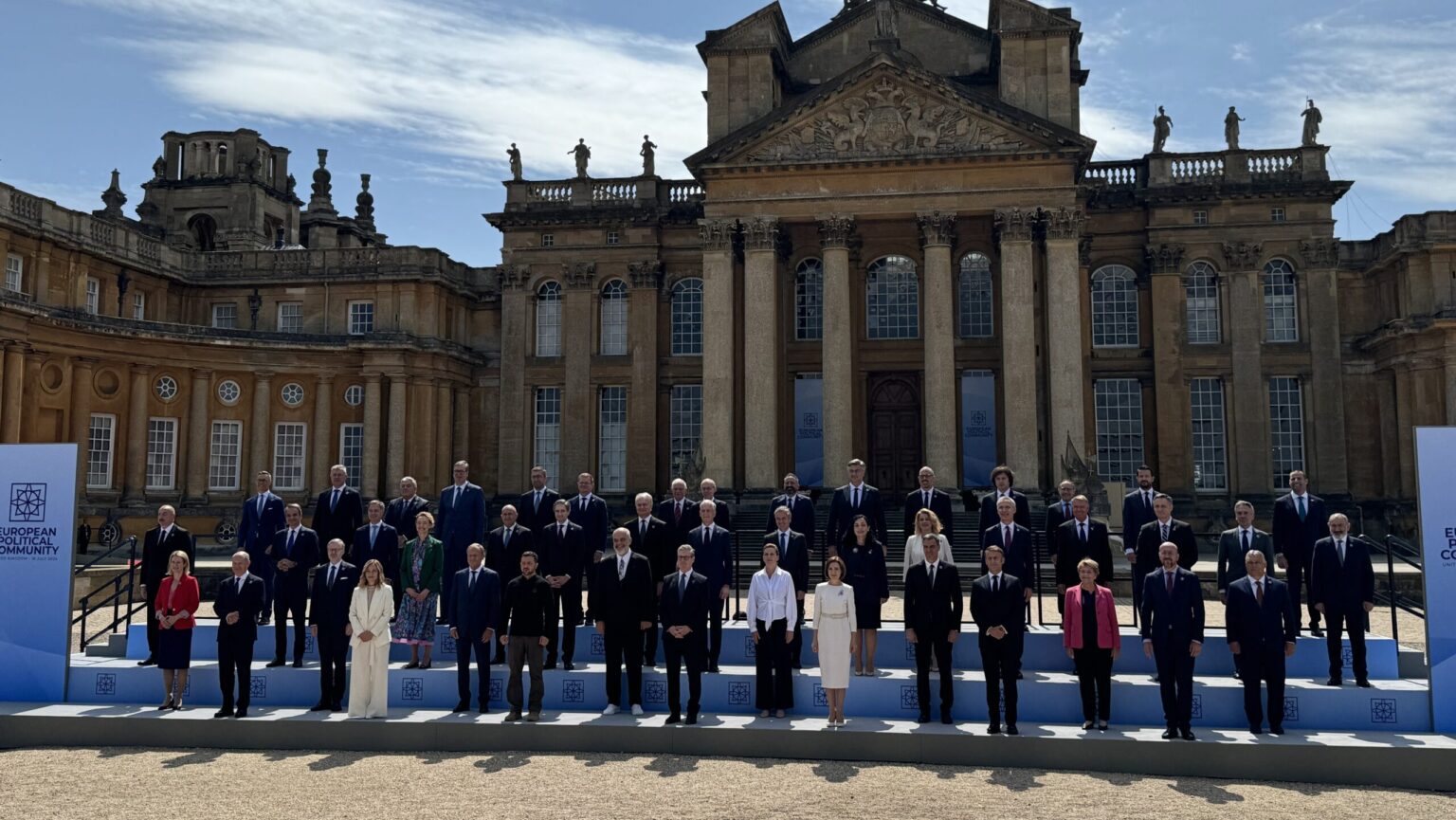
This week, the largest diplomatic event in Hungary’s history, the European Political Community (EPC) Summit, takes place in Budapest. The meeting will be unusual in several respects: the leaders of the states are convening just two days after the US presidential election, which could significantly influence the focus of the issues discussed.
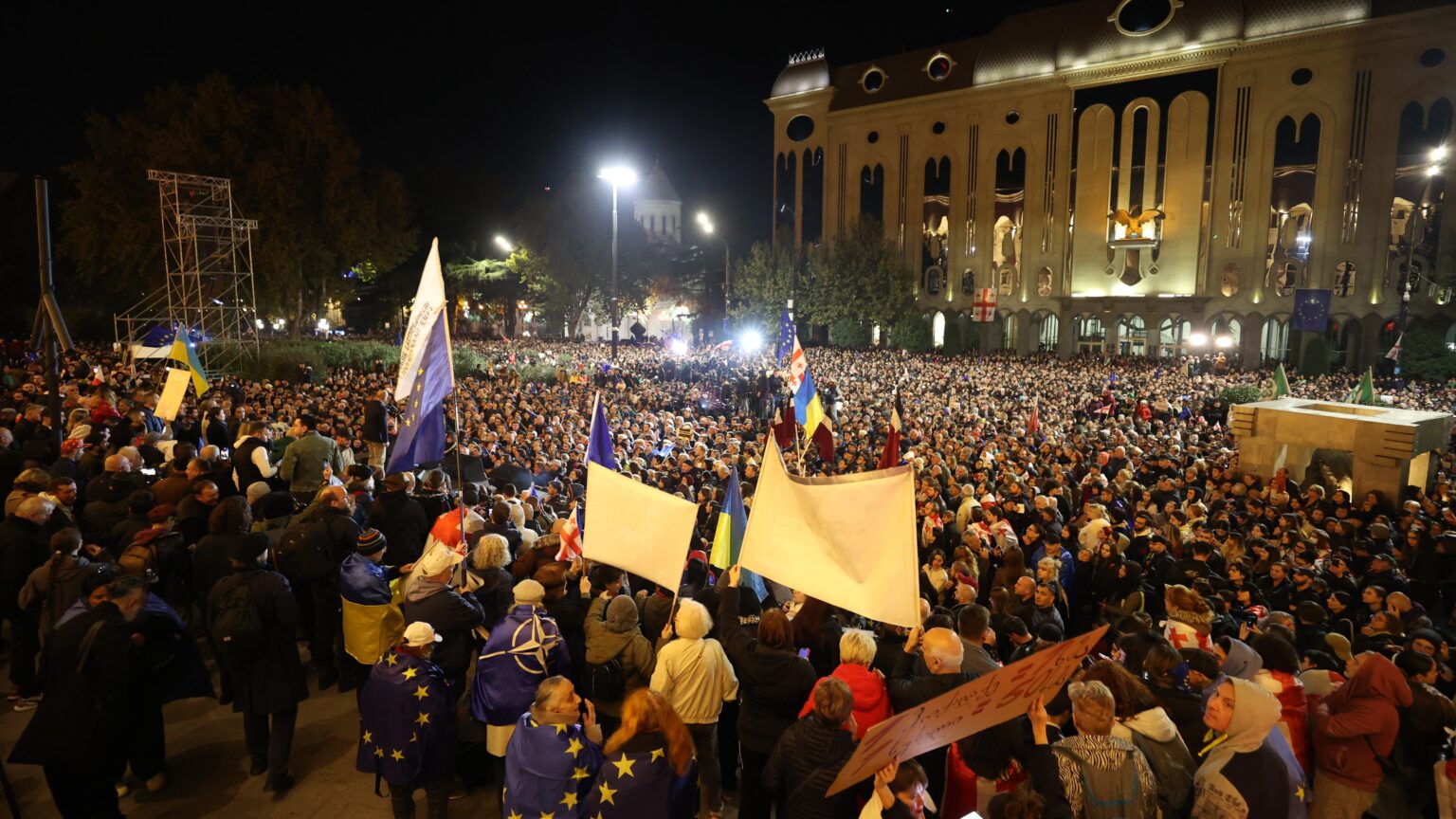
Just like in 2020 during the last election, the Georgian opposition questioned the results, denouncing the election as illegitimate, citing alleged voter fraud. To settle the dispute the Prosecutor’s Office in Georgia launched an investigation into the alleged vote-rigging. As President Salome Zourabichvili also denounced the election, the Prosecutor’s Office invited her to share any information she might have on alleged criminal acts. The President refused to cooperate with the Office, however, saying that ‘the investigative body should have found the evidence itself’.

Chief Operating Officer for the Hungarian oil company MOL György Bacsa recently spoke to the Financial Times about Western powers trying to pressure Hungary into giving up Russian oil imports, while they themselves continue to buy refined oil from Türkiye and India, countries that are still refining Russian crude oil, essentially ‘laundering’ the energy import.
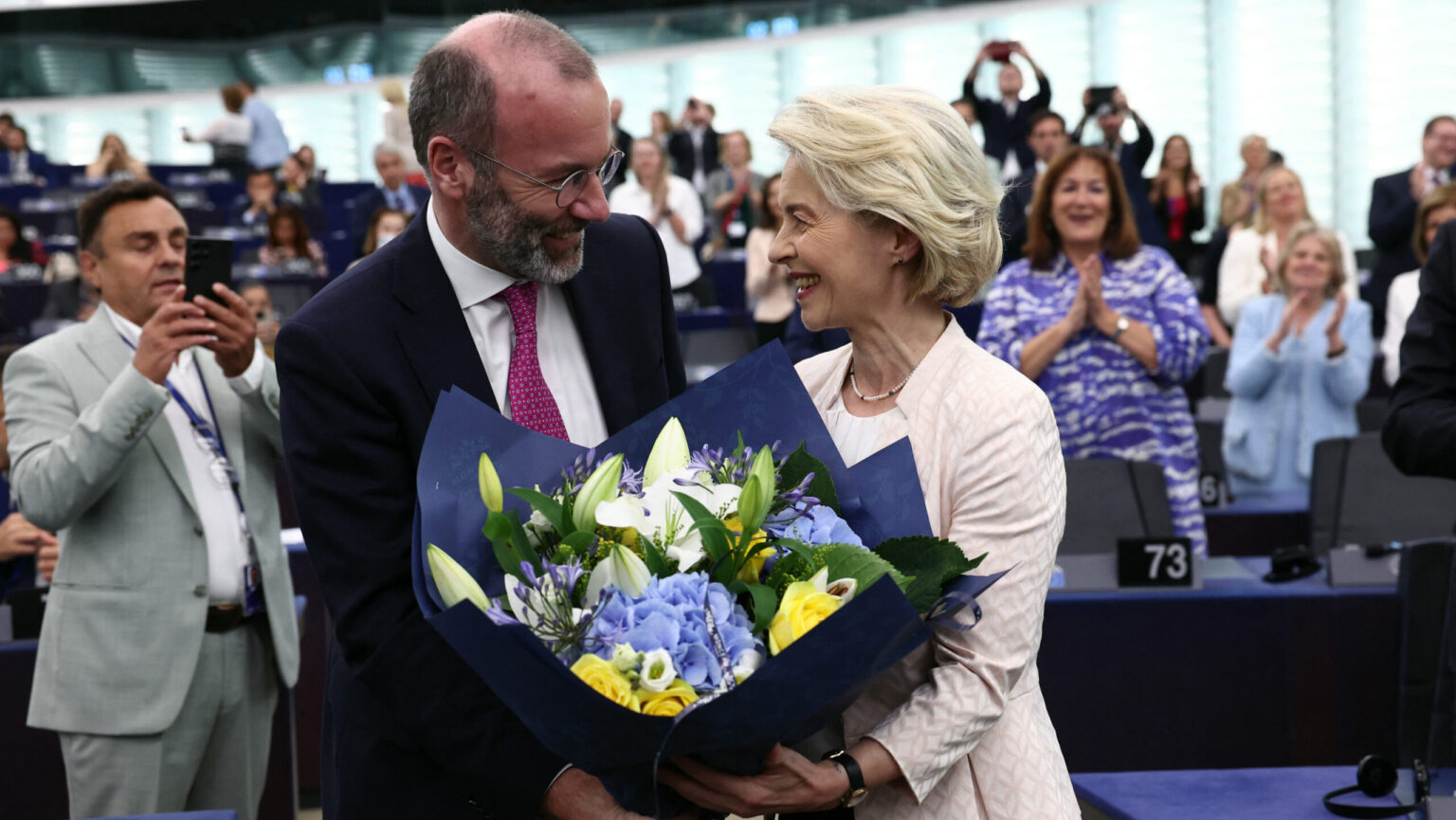
While the European People’s Party, led by Manfred Weber and Ursula von der Leyen, is conducting an unprecedented smear campaign against Hungary—centred around allegations of corruption—the number of corruption cases linked to the political group continues to grow. Most recently, Weber’s chief of staff has been placed under investigation by Belgian and EU authorities.
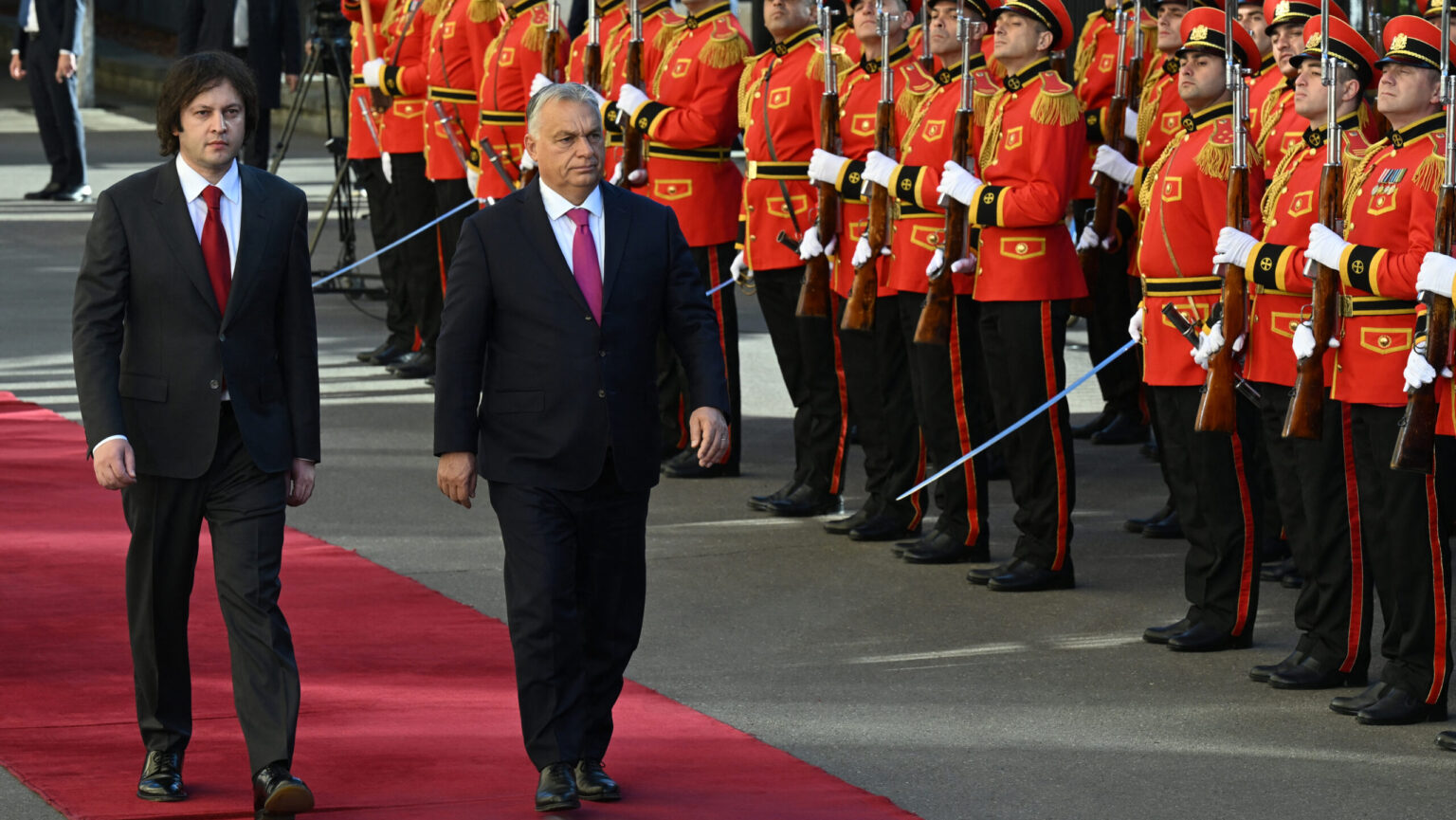
Hungarian Prime Minister Viktor Orbán’s visit to Georgia has sparked criticism from European Union leaders, who do not recognize the results of the weekend’s elections in the South Caucasus state. During his visit Orbán underlined his support for Georgia’s European integration and the deepening of bilateral relations.
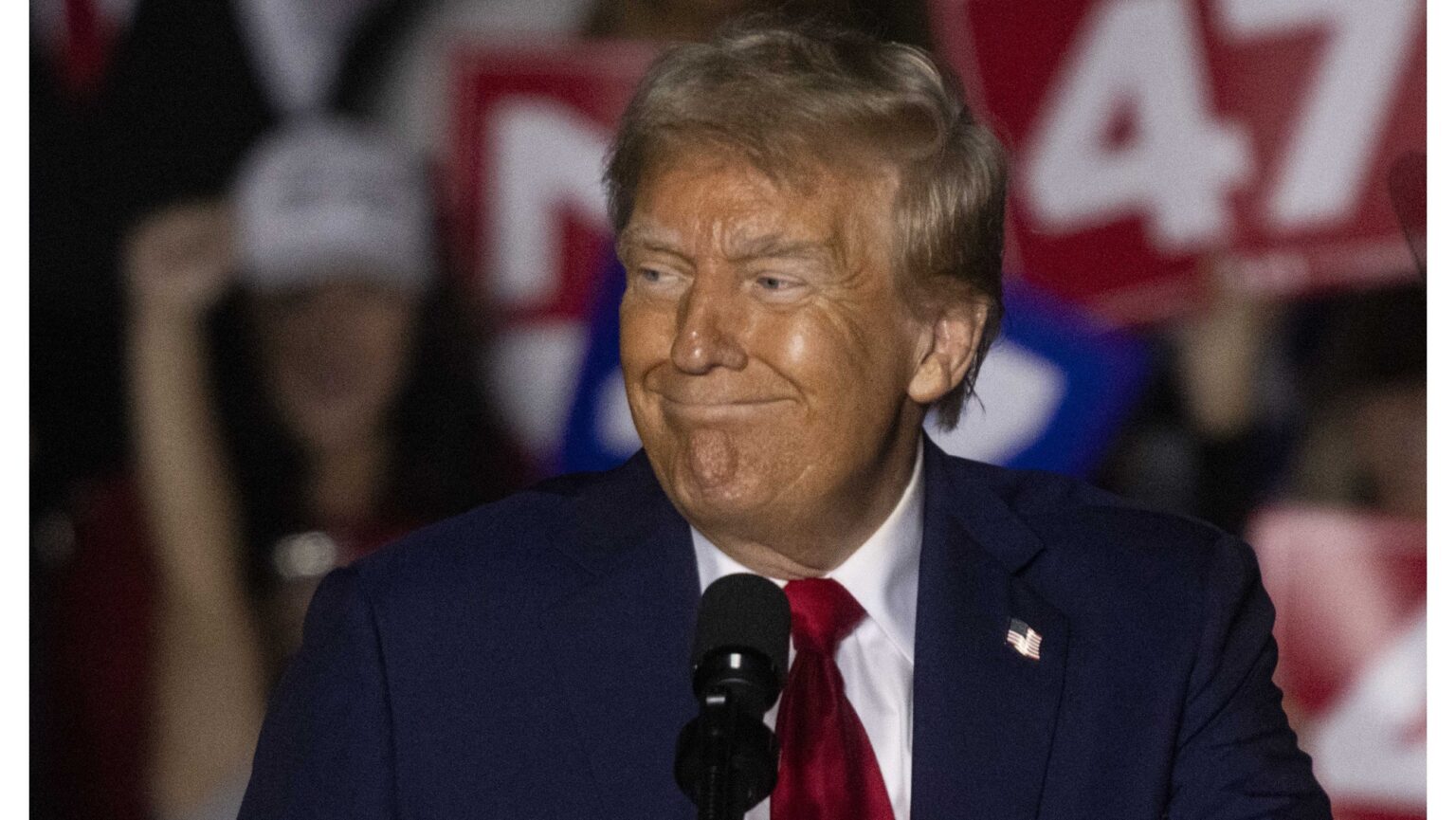
For the first time since early August, President Donald Trump is leading the national polling aggregate by RealClearPolitics over Vice President Kamala Harris. His current lead is just 0.2 points. However, he was underestimated by pollsters in the popular vote in both cycles he ran, in 2016 and 2020 as well.
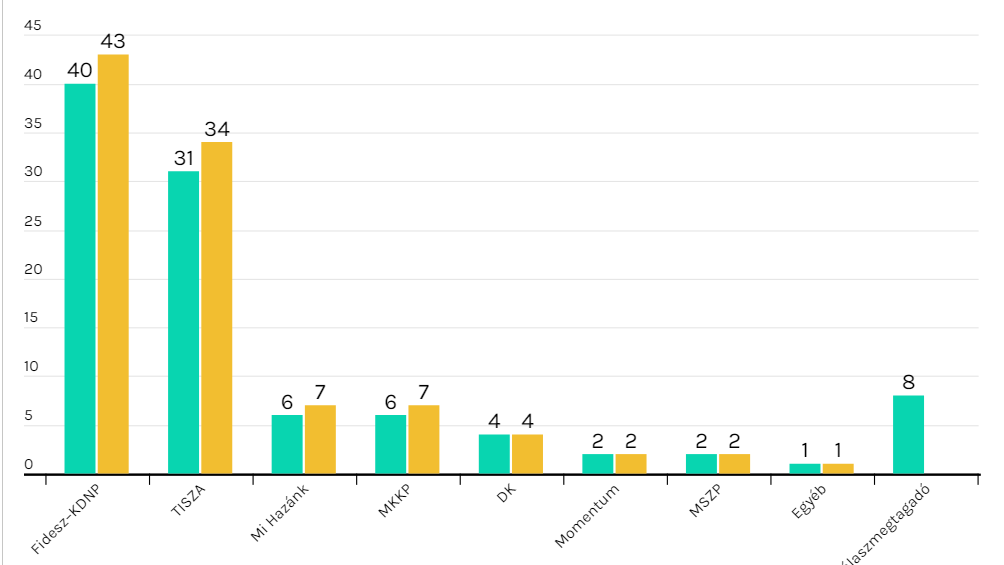
The latest Századvég poll indicates that Fidesz–KDNP maintains a strong lead in Hungarian party rankings, with 40 per cent support among politically active voters. Tisza follows with 31 per cent, while the Our Homeland Movement and the joke party Two Tailed Dog hold 6 per cent each. Meanwhile, left-wing parties remain below the entry threshold for parliament.
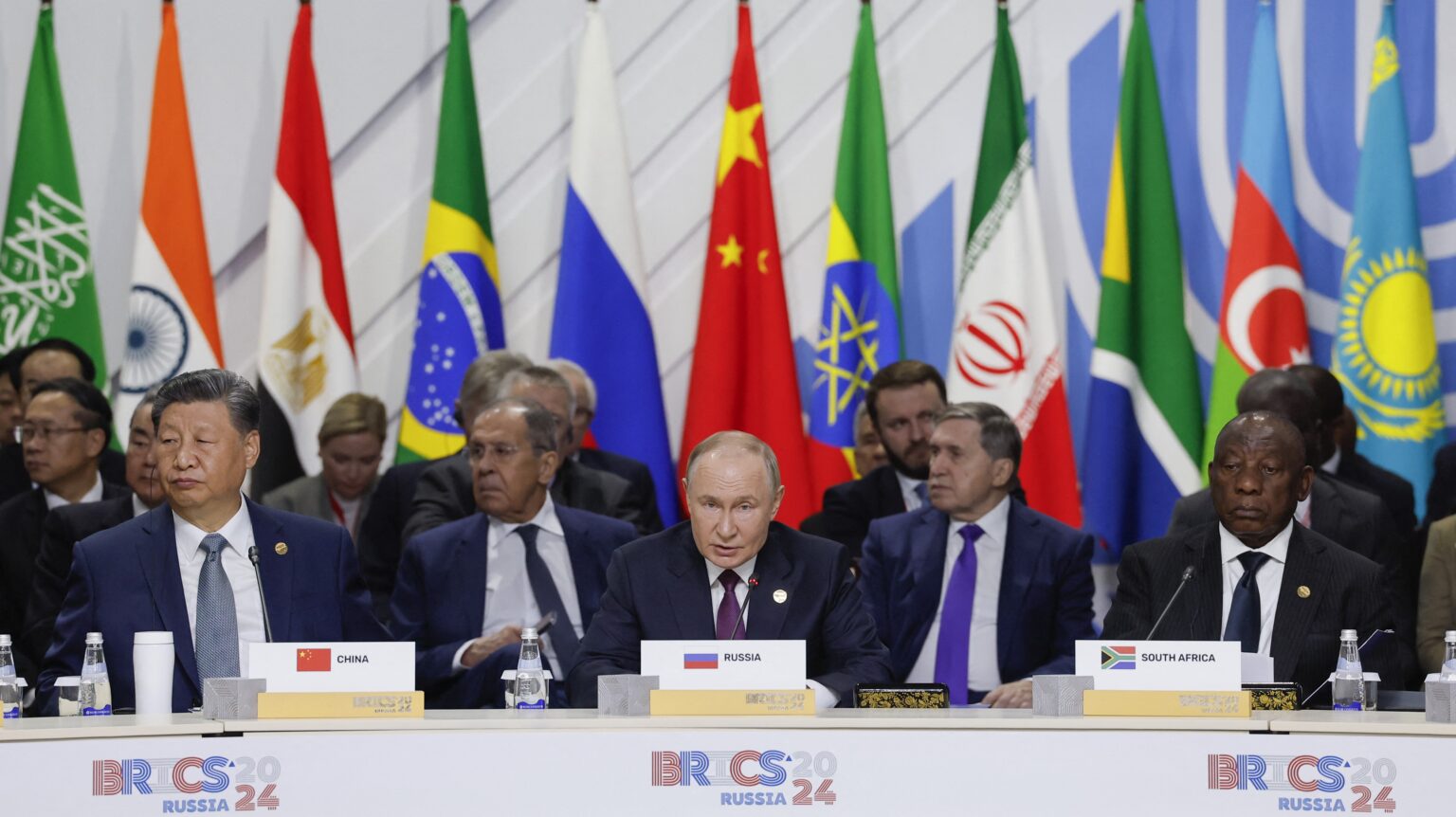
Despite BRICS countries’ impressive recent expansion and acquired regional and international leverage both economically and politically, the US dollar’s position as the global reserve currency seems unshakable at present…Upon examining the situation globally, it can be observed that 90 per cent of all foreign exchange transactions in the world were conducted with the help of the US dollar.
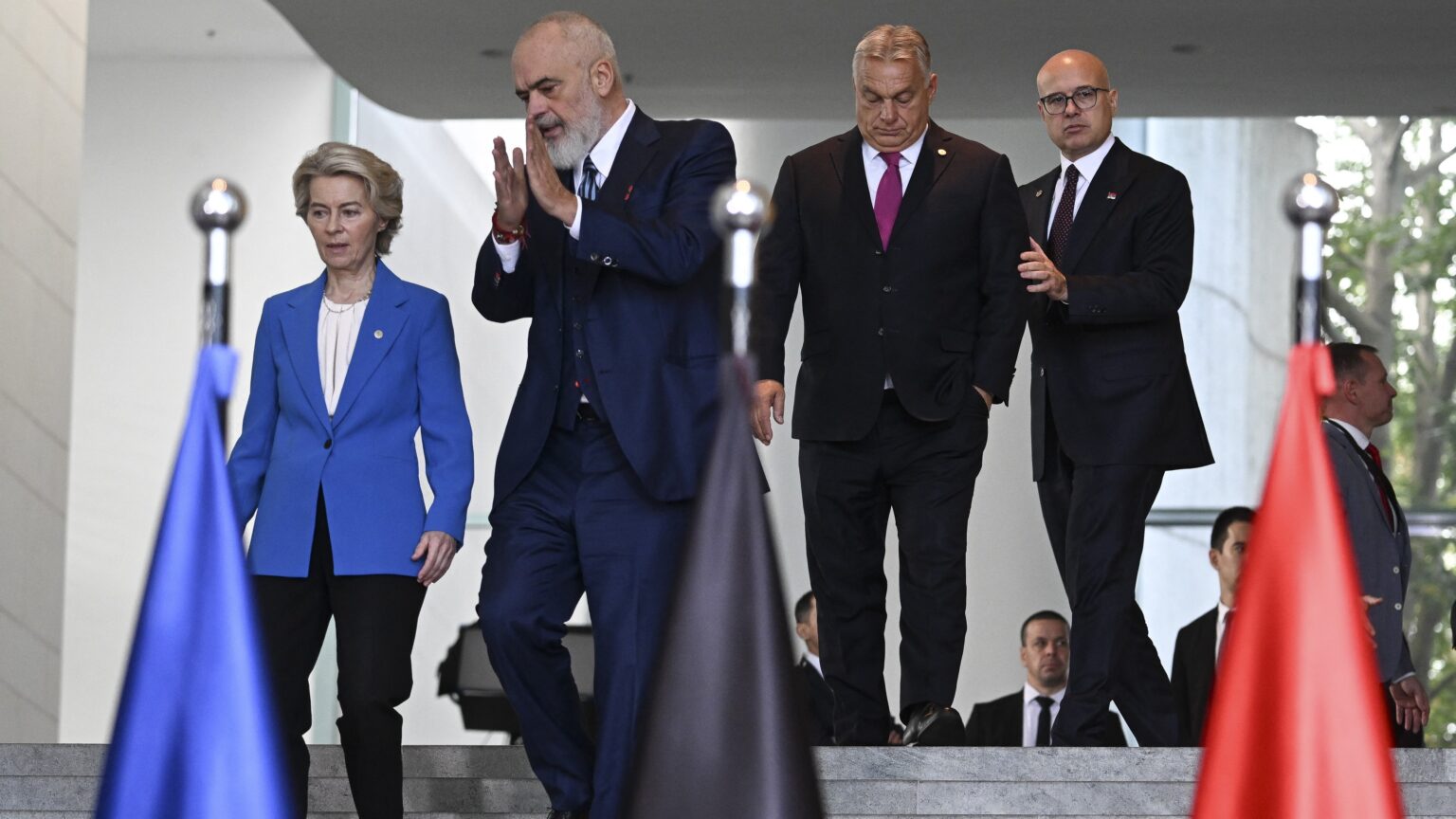
The second ministerial-level meeting of the EU accession conference with Albania was held in Luxembourg on 15 October. The aim of the meeting was to start accession negotiations with Albania and open Cluster 1; Tirana has thus taken another step forward on the road to European integration.
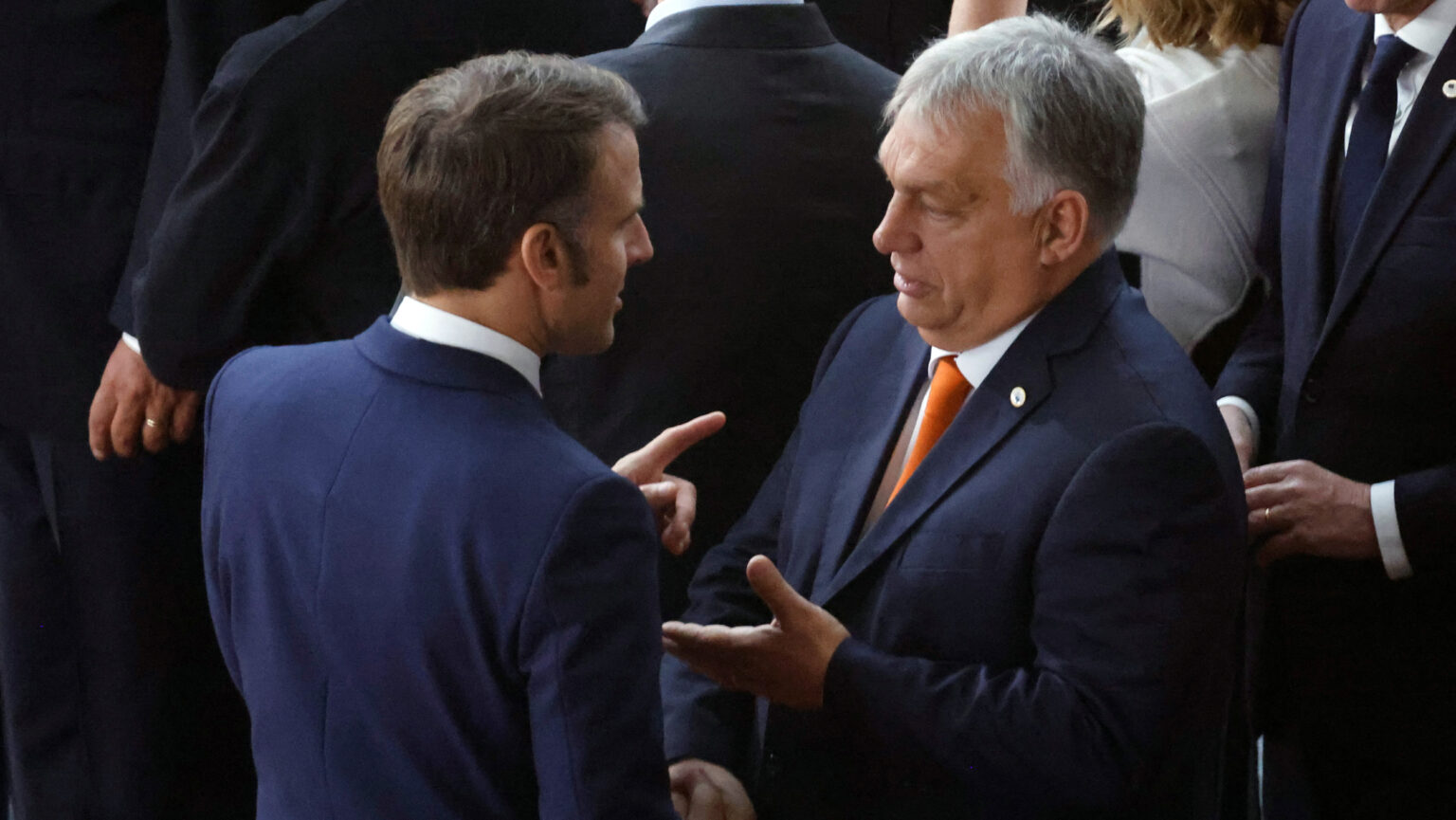
Hungarian Prime Minister Viktor Orbán is scheduled to meet French President Emmanuel Macron on Tuesday evening in Paris, where the two leaders will discuss important issues concerning the future of the EU. The meeting serves as another rebuttal to EPP Leader Manfred Weber’s false claim regarding Hungary’s isolation in the European political arena.

The Draghi Report suggests that the goals of defence industrial policy should be organically integrated into the discussions of the Foreign Affairs Council in its defence policy formation, allowing member states to come up with a common stance. The report also recommends the establishment of a centralized European Defence Industry Authority, which would oversee joint programming and procurement functions and centrally manage the defence acquisitions of member states.
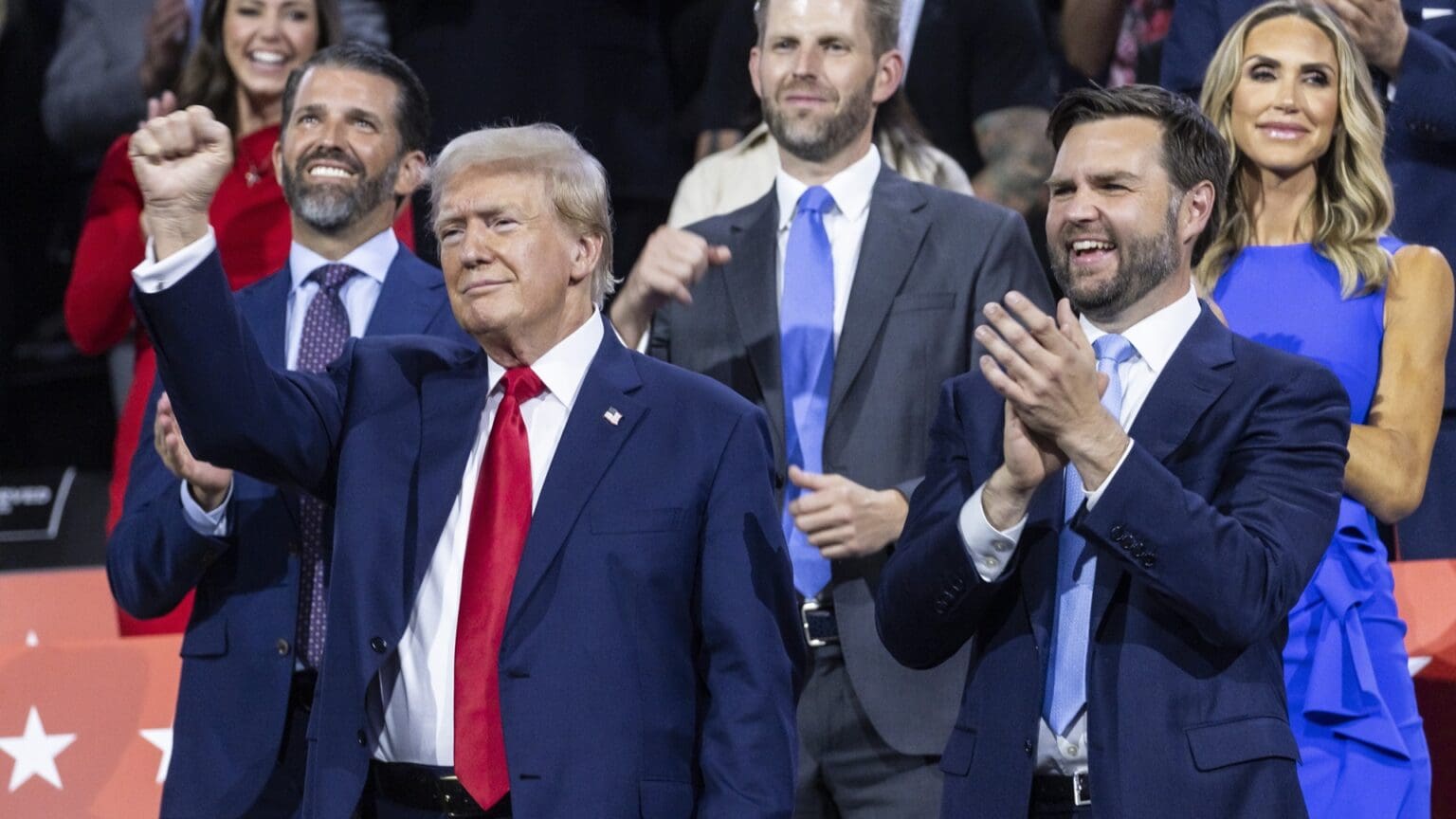
The Brazil-based polling firm AtlasIntel, which got the popular vote margins right by 0.3 points in the last two election cycles in the United States, has released its latest national vote prediction for the 2024 US presidential election. It shows President Donald Trump leading Vice President Kamala Harris by 2.7 points, a slight shift towards Harris since their last release in mid-September.
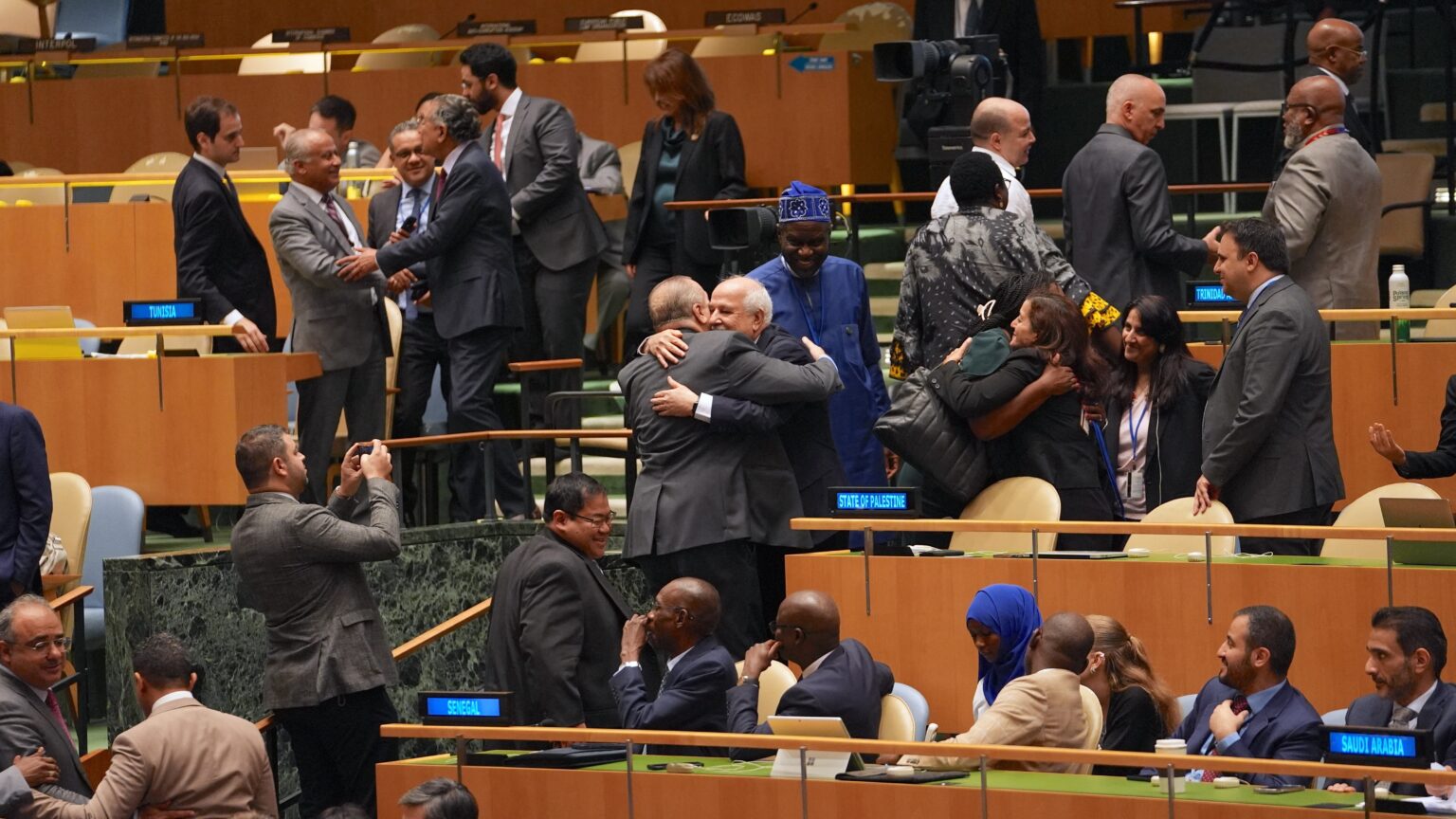
The 18 September resolution doesn’t mention Hamas’ brutal incursion into Israel on 7 October or the 101 hostages that are still being held captive in Gaza. It also conspicuously avoids mention of the continuing Palestinian attacks on Israel. Hungary was one of the fourteen nations that voted against the resolution that holds Israel solely responsible for the conflict.
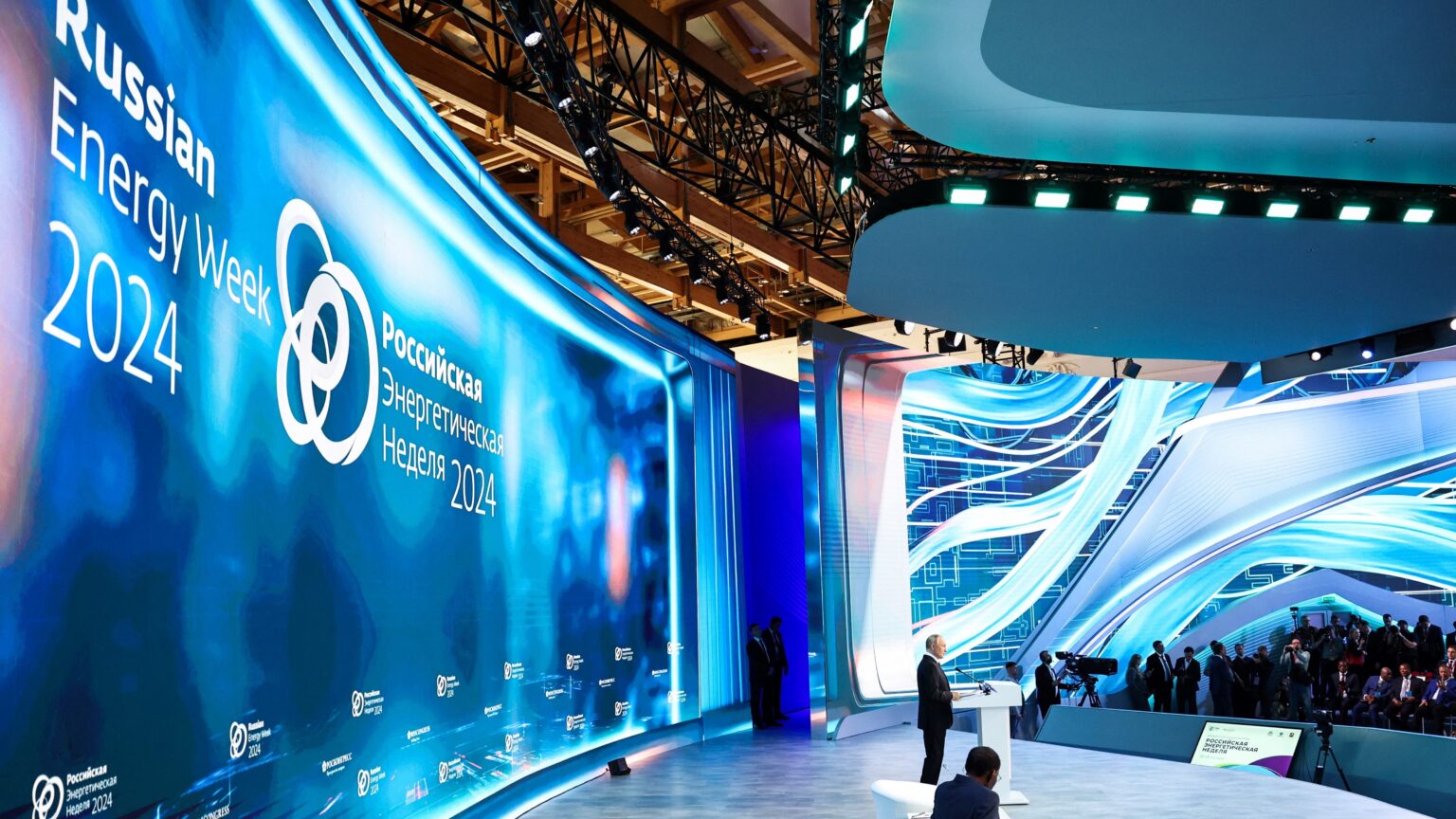
A recent study by the Center For the Study of Democracy and the Centre for Research on Energy and Clean Air that focuses on the Czech Republic and a multinational company, Orlen Unipetrol, since 24 February 2022 Czechia has spent over 7 billion EUR on Russian oil and gas. That is, more than five times the aid it has provided to Ukraine. In 2023 the country’ reliance on Russian oil grew to 60 per cent; this year it has decreased top pre-invasion levels, but nevertheless remains around 50 per cent.
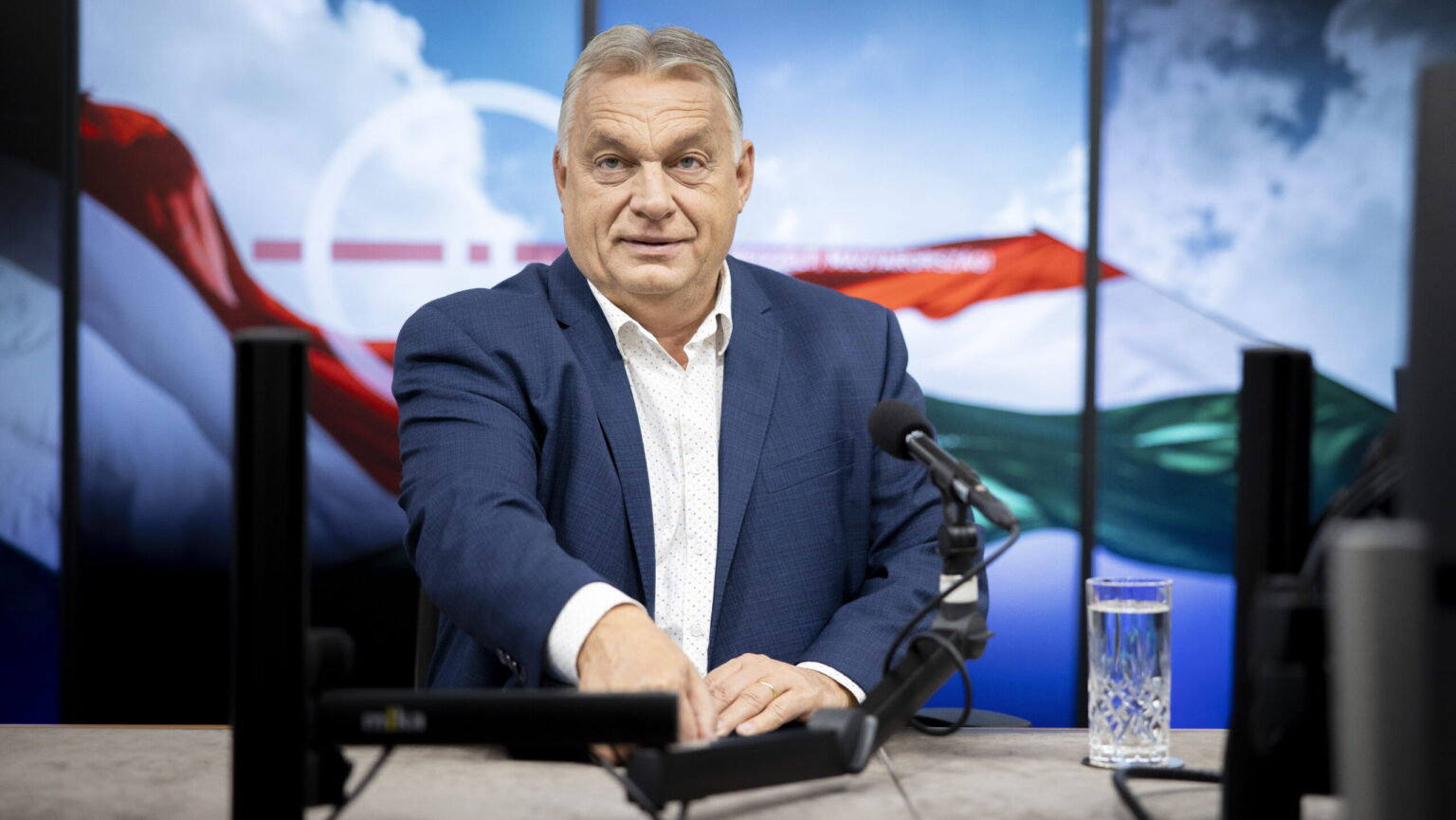
Prime Minister Viktor Orbán criticized the EU’s war posture in a recent radio interview on public Kossuth Radio, reaffirming Hungary’s stance against participating in the Ukrainian war efforts. He also called for peace negotiations and discussed Hungary’s distinct approach to migration, economic policies, and EU relations.
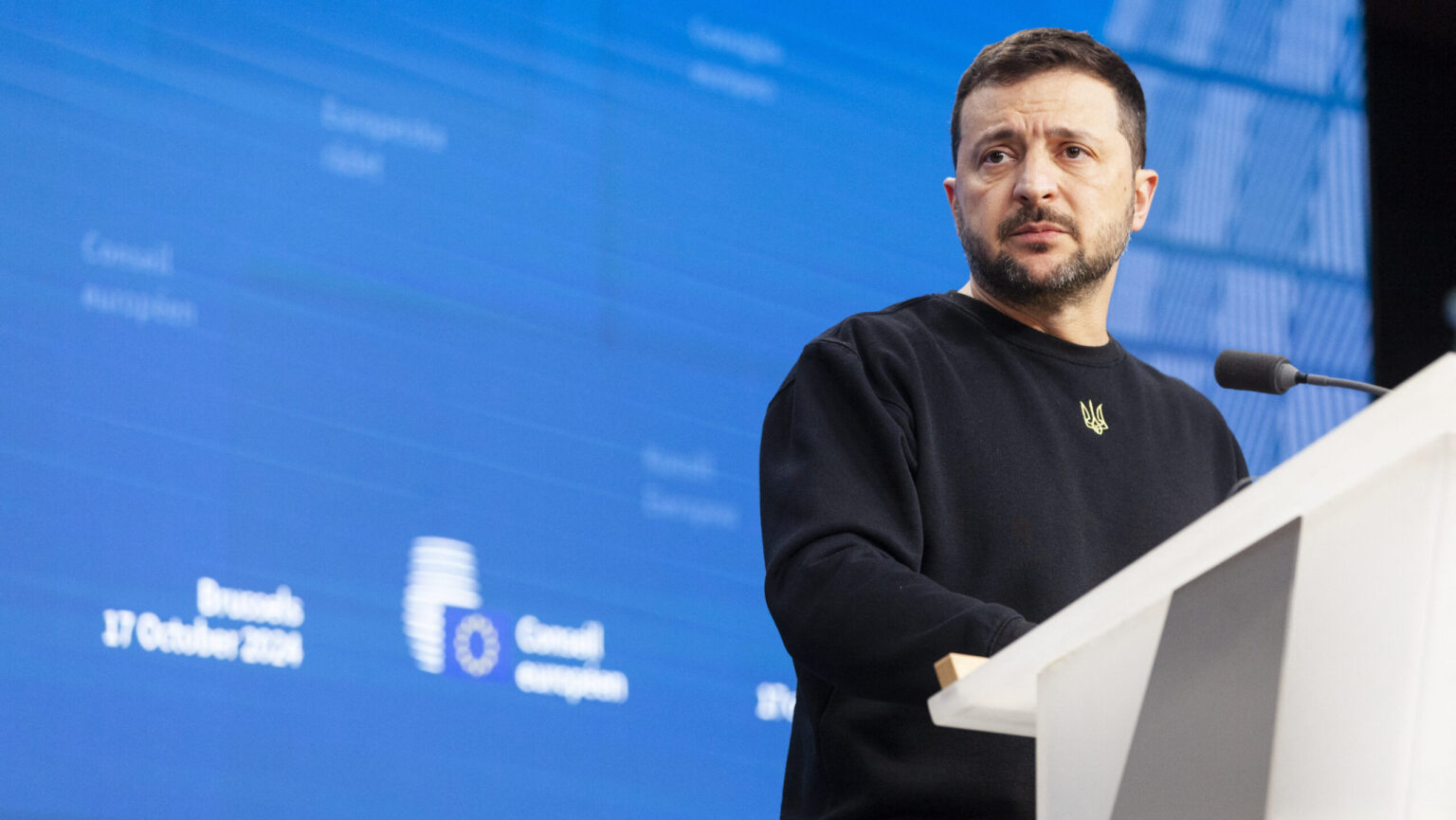
Volodymyr Zelenskyy has asked the European Council for nothing less than nuclear weapons or a NATO membership. The Ukrainian president presented his five-point ‘victory plan’ to EU leaders on Thursday, which is more of a wish list than an actual plan. Hungarian Prime Minister Viktor Orbán called it a ‘lose-lose situation’ and firmly stated that Hungary will not participate in it.
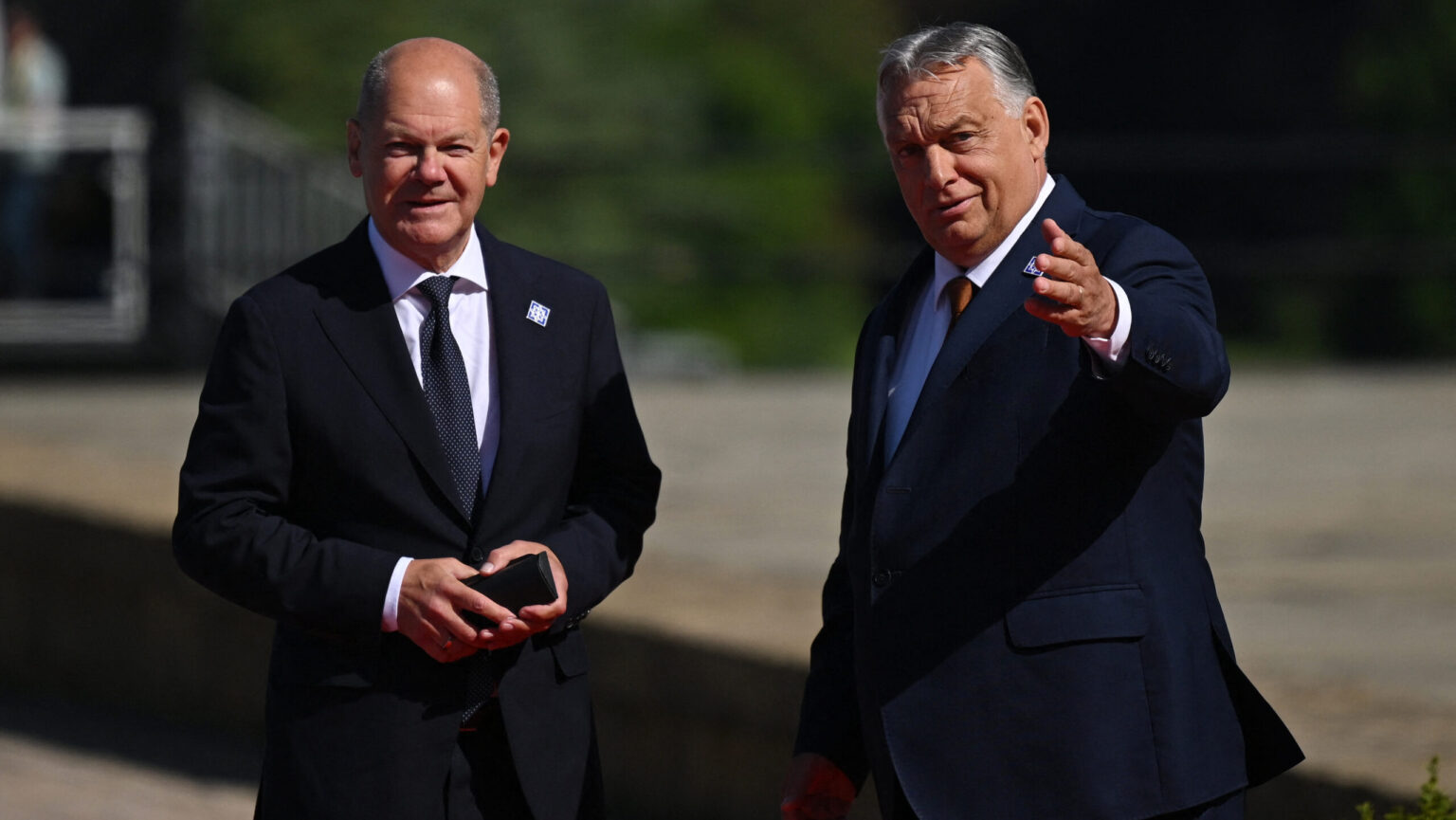
‘Scholz’s statement is the first ray of light piercing the fog of war that has shrouded Europe for the past two years. It could be downplayed, but Germany remains one of the EU’s most influential member states, and Berlin’s wright is undeniable, despite its current economic challenges. The experience of recent years shows that what Germany pushes for in the EU often becomes reality sooner or later.’
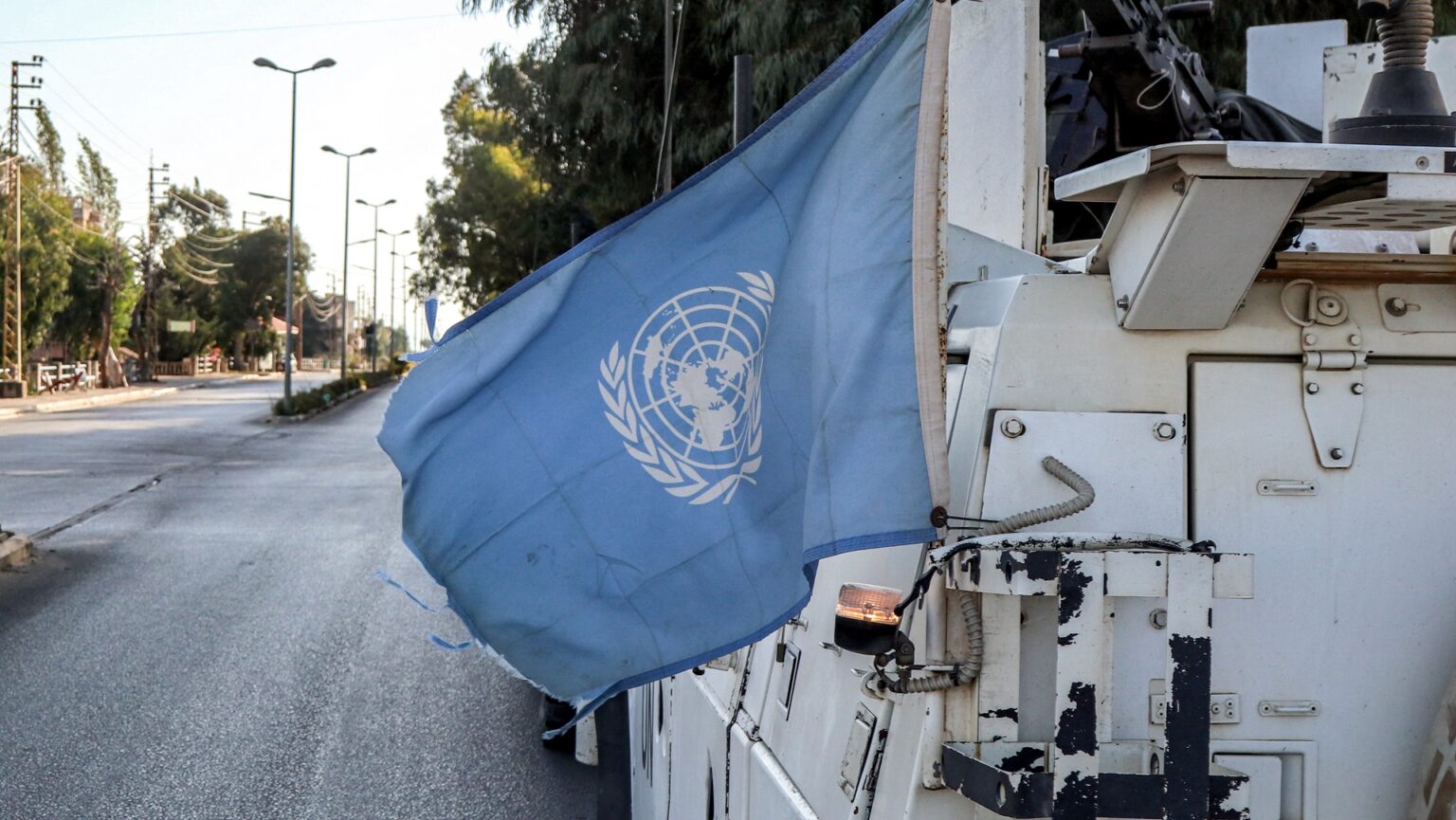
A recent The Wall Street Journal’s editorial argues that UNIFIL, the United Nations’ peacekeeping mission in operation since 1978, has been allowing Hezbollah to stockpile weapons and build up infrastructure in southern Lebanon, the very place UNIFIL is supposed to keep safe from terror groups.